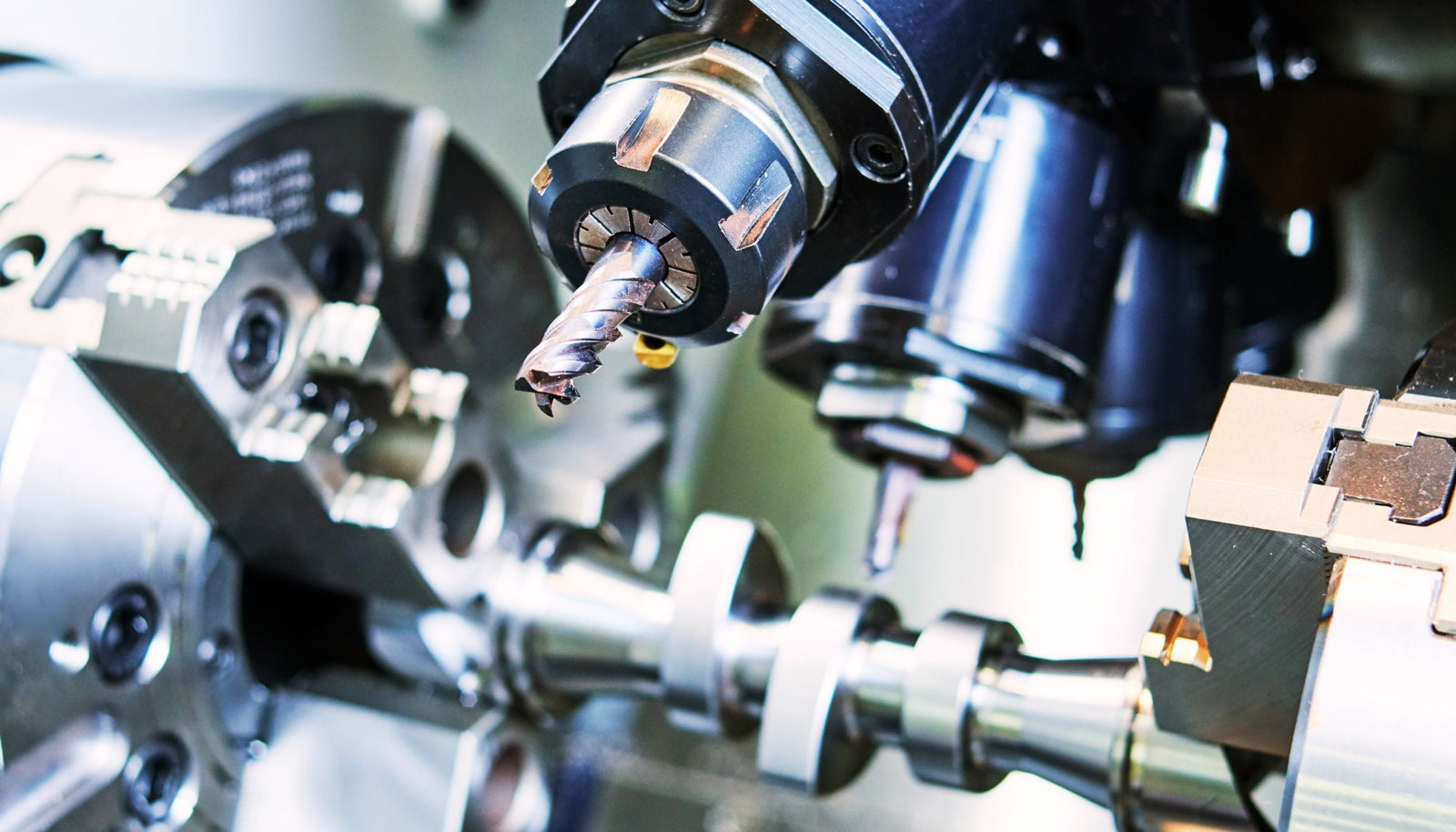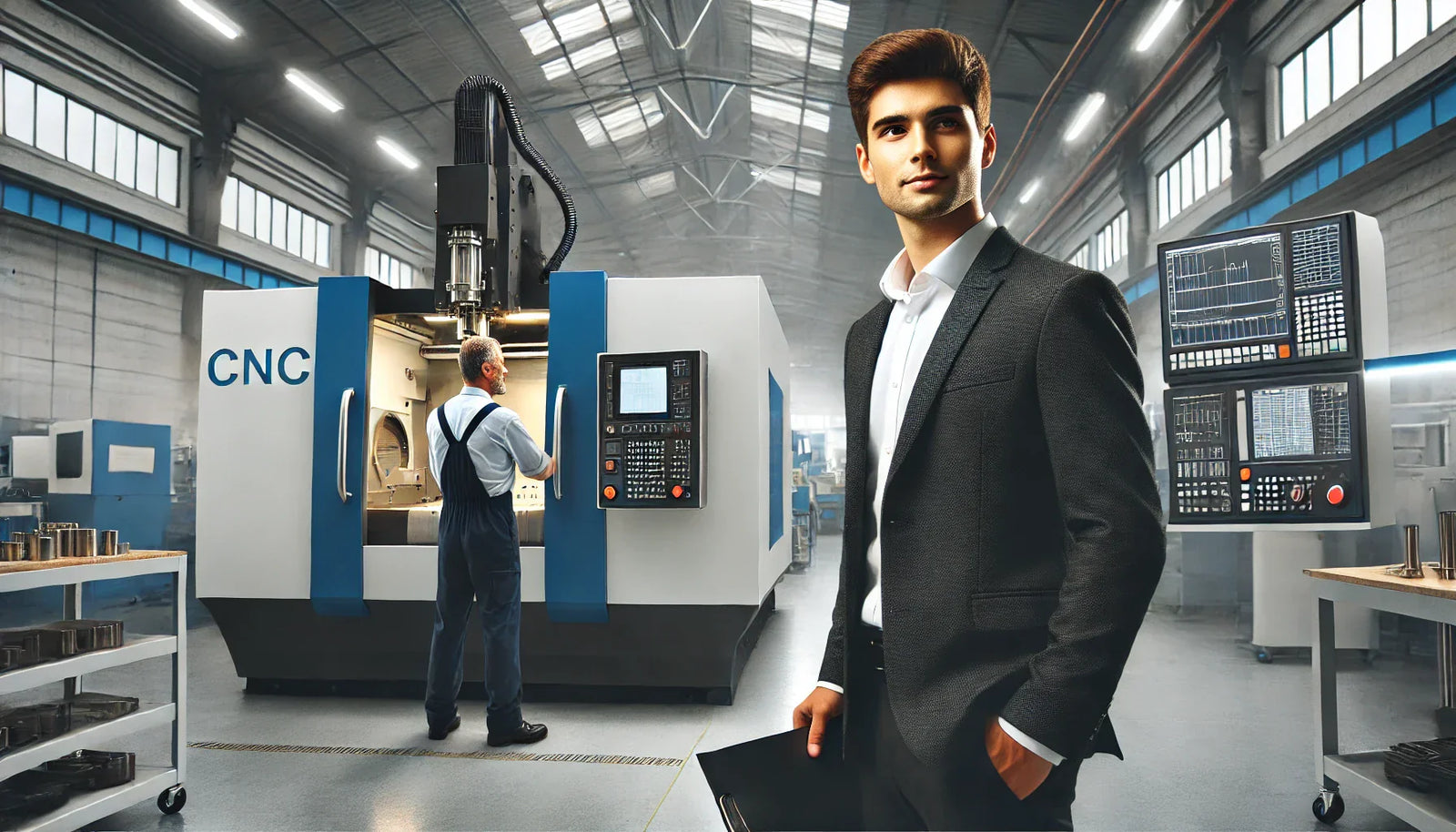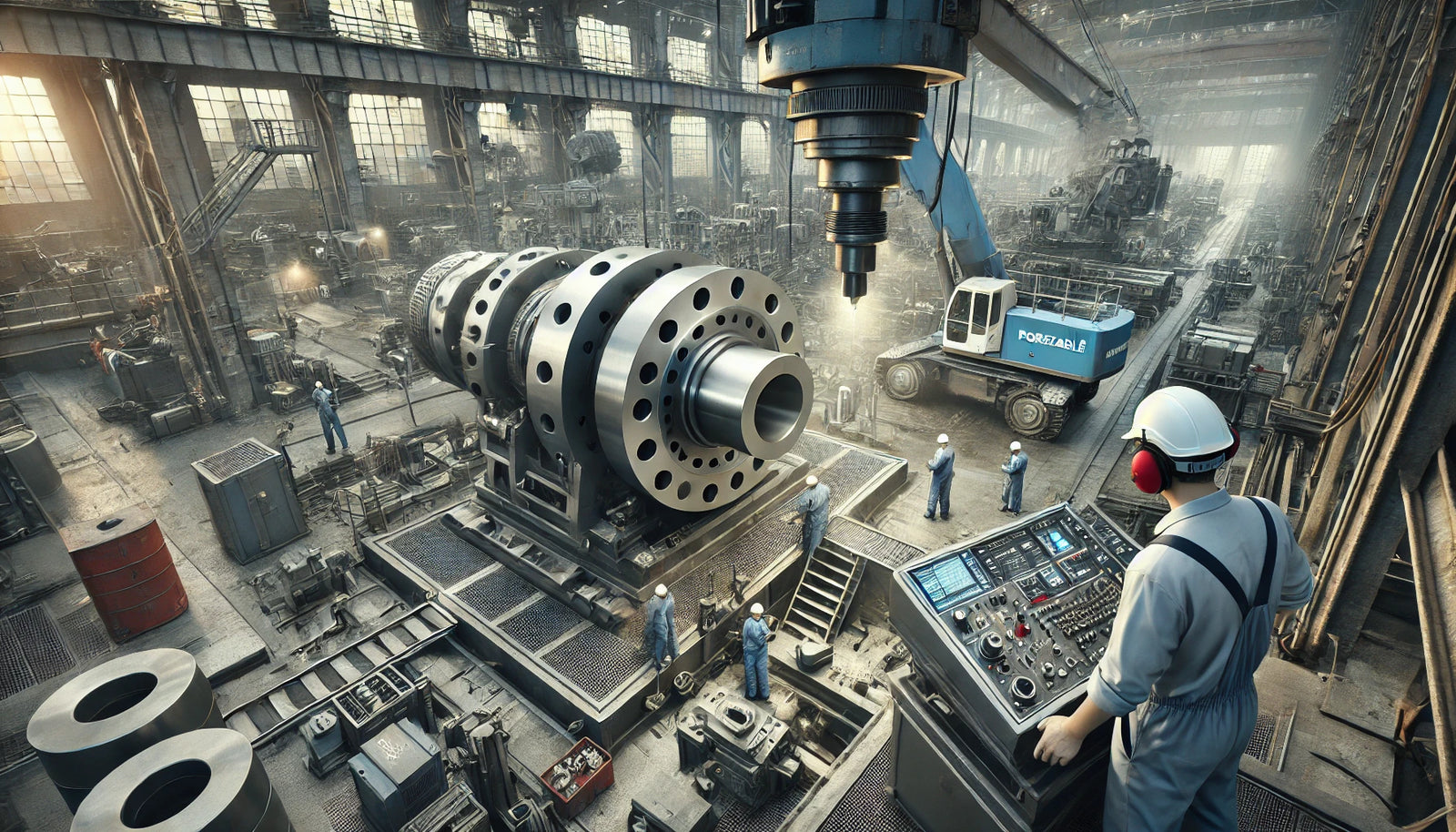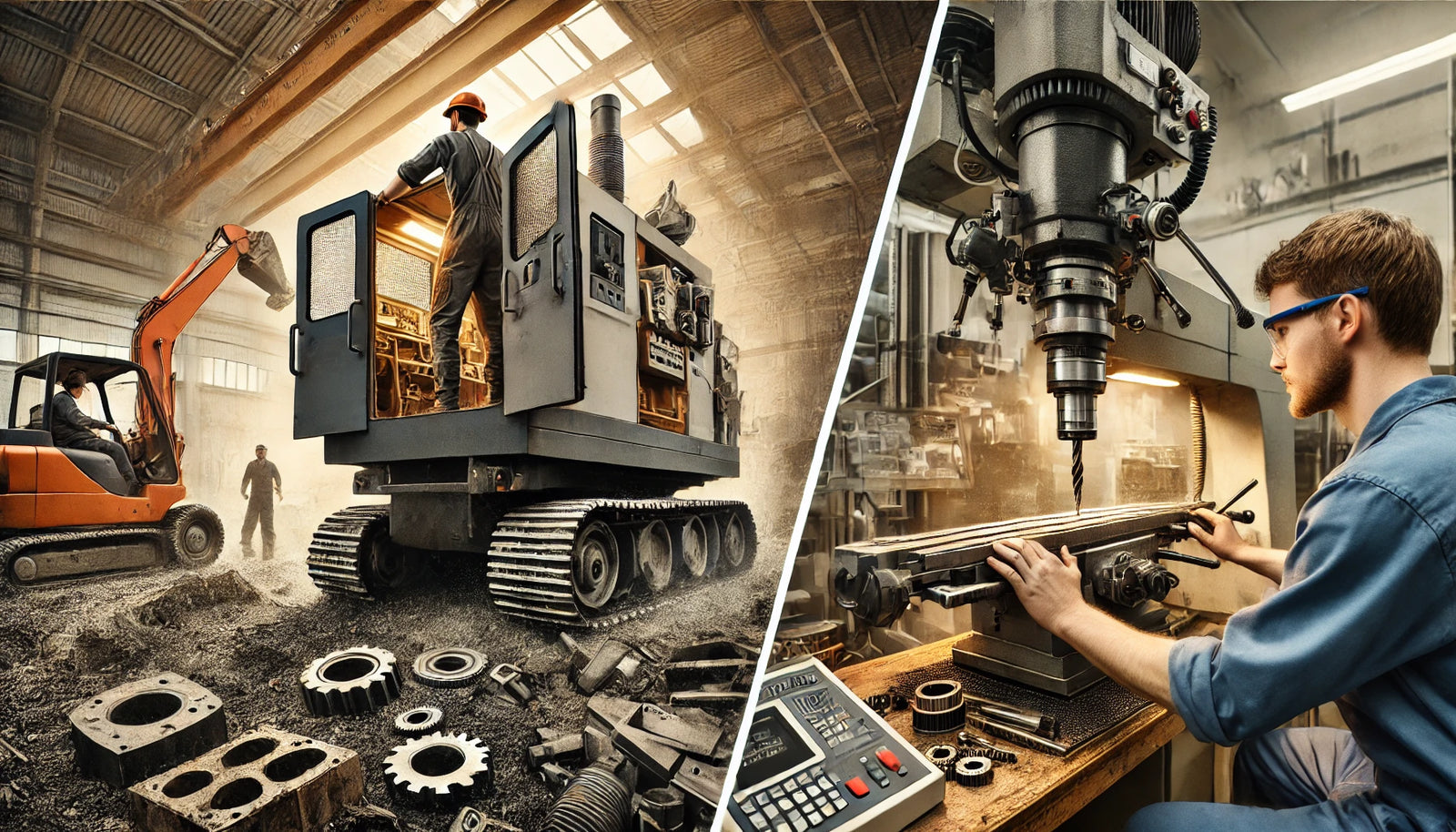In the dynamic world of manufacturing, efficiency and versatility are paramount. Mill-turn technology stands out as a prime example of how integrated systems can revolutionize production processes. This post will explore what a mill-turn machine is, how it functions, and the advantages it brings to manufacturing.
What is a Mill-Turn Machine?
A mill-turn machine is an advanced CNC (Computer Numerical Control) machining center that combines the capabilities of milling and turning within a single platform. This hybrid setup allows the machine to perform both rotating (turning) and stationary (milling) operations on a workpiece without the need for multiple setups or transferring the part between different machines. This dual capability makes mill-turn machines highly sought after for complex and precision manufacturing.
How Does a Mill-Turn Machine Work?
The mill-turn centers are equipped with a spindle that can hold a workpiece. This spindle rotates at high speeds, similar to a conventional lathe, enabling the turning process. Additionally, mill-turn machines have milling heads that can move in various axes, allowing them to perform milling operations such as cutting, drilling, and tapping.
The key feature of these machines is their ability to switch seamlessly between turning and milling modes during a single operation. This is achieved through sophisticated CNC software that controls the machine’s movements based on detailed digital instructions. Operators can program the machine to execute highly precise and complex part geometries that would typically require multiple stages of machining on separate machines.
Advantages of Using Mill-Turn Technology
- Increased Productivity: By combining two processes in one machine, mill-turn centers significantly reduce processing time and increase throughput. Manufacturers can complete parts faster because there's no need to transfer components between different machines, thus minimizing setup times and potential errors.
- Enhanced Precision: Mill-turn machines maintain the workpiece in a single setup, which reduces repositioning errors that can occur when moving parts across different machines. This is crucial for industries where precision is non-negotiable, such as aerospace and medical device manufacturing.
- Reduced Floor Space: Having one machine that performs multiple tasks can save valuable floor space in a manufacturing facility. This consolidation is especially beneficial for smaller shops that might not have the room for multiple large machines.
- Versatility: Mill-turn machines can handle a wide range of materials and part designs. Whether it’s a small, intricate component or a large, robust part, mill-turn centers can be programmed to meet diverse manufacturing needs.
- Cost-Effectiveness: Although mill-turn machines are an investment, they can be cost-effective in the long run. They reduce the need for multiple machines and operators, lower energy consumption, and minimize waste, all of which contribute to a reduction in overall production costs.
Conclusion
Mill-turn technology is a game-changer in the manufacturing industry, offering a blend of efficiency, precision, and versatility. As manufacturers continue to seek ways to optimize their operations, the adoption of mill-turn machines is likely to increase. For businesses aiming to stay competitive in a market that demands high quality and fast turnaround, investing in mill-turn technology might just be the key to success.
For those looking to dive deeper into CNC technologies or understand more about how mill-turn machines can be integrated into their operations, it’s worth reaching out to manufacturing experts or attending industry-specific workshops and exhibitions. Embracing this technology could not only streamline your production processes but also significantly enhance your manufacturing capabilities.





